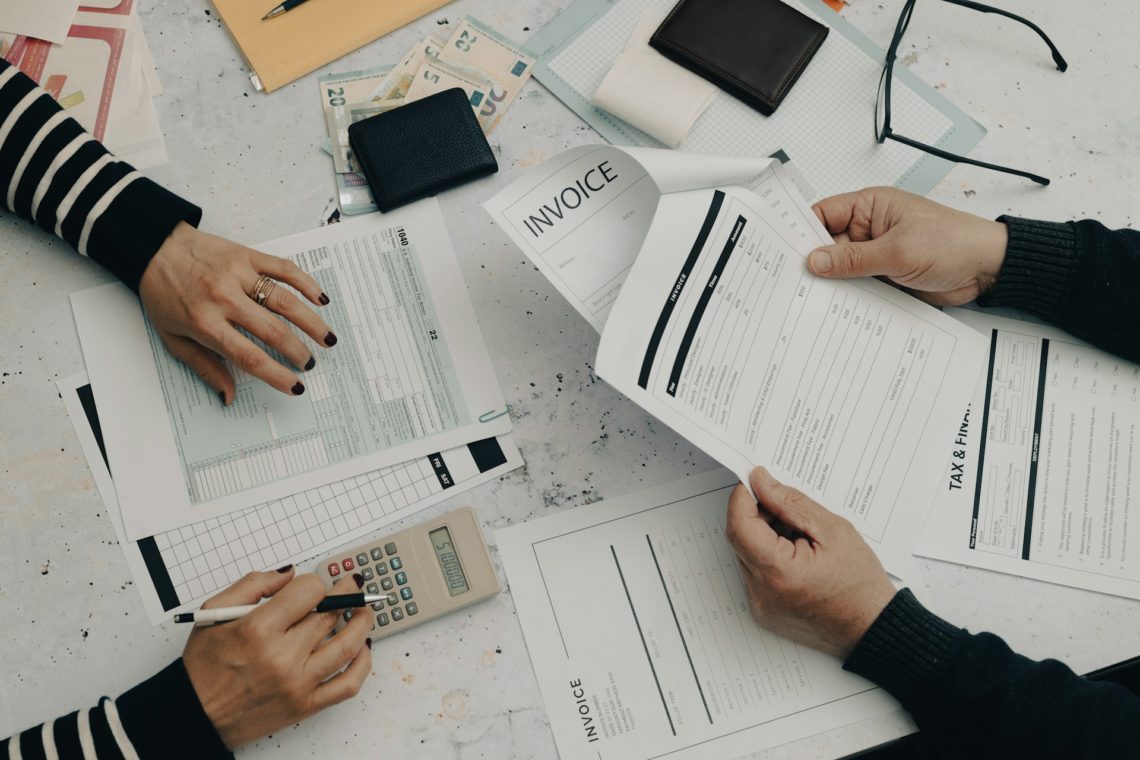Building good financial habits is essential for setting yourself up for success in the future. In the first half of this post, our best financial advisors have already shared some tips that hopefully have already helped improve your finances. In this second part, we’re sharing more tips to help you establish healthy habits that can help you achieve financial freedom:
6. Plan for the Unexpected
When it comes to establishing financial freedom, it’s important to plan for the unexpected. Life is unpredictable and unexpected events can have a major impact on our financial security. To ensure you’re prepared for whatever life throws at you, it’s necessary to plan for the unexpected.
One way to plan for the unexpected is to build an emergency fund. An emergency fund is a savings account for unexpected expenses, such as a medical bill, car repair, or job loss. The best way to build your emergency fund is to set a certain amount of money each month that you can contribute to it. As your fund grows, you’ll be better prepared to handle any unexpected events that come your way.
It’s also important to have insurance coverage for yourself and your family. Health, life, and disability insurance can protect you in the event of unexpected illness or injury. Additionally, it’s important to consider insuring your home and other major assets, such as cars or boats. Having the right insurance coverage in place can help you feel more secure and provide financial protection if something were to happen.
7. Come Up With Strategies to Reduce Your Debt
Debt can be one of the biggest obstacles to achieving financial freedom. It can be a source of stress, worry, and economic hardship. Fortunately, it is possible to reduce your debt and take a step towards financial freedom.
The first step is to identify where your debt is coming from. Are you carrying credit card debt, student loan debt, or a mortgage? Once you’ve identified the source of your debt, you can begin to create a plan to pay it off.
The next step is to determine how much you can realistically pay each month. This will depend on your income and other expenses. Make sure to include any payments towards savings and investments in your budget.
Once you’ve established how much you can afford to pay each month, you should look for ways to reduce your debt. You may be able to consolidate your debt into one loan, which could help reduce the interest you’re paying. You could also look into transferring your debt to a lower-interest credit card.
Finally, if you’re struggling to make payments, contact your creditors to see if they will work with you. Many lenders will work with borrowers to create an affordable payment plan. This can help you avoid late fees and other penalties.
8. Boost Your Superannuation
Boosting your superannuation can be a great way to ensure you have the funds you need when it comes time to retire.
Regular contributions to your superannuation account are an excellent way to ensure that you take advantage of the tax benefits available. If you are already contributing to your superannuation, consider increasing your monthly contribution.
You can also take advantage of the government co-contribution, a scheme that helps individuals with low to the medium income boost their superannuation savings. You can receive up to $500 from the government for every $1,000 you contribute to your superannuation account.
9. Think About Investing as a Part of a More Extensive Financial Plan
To make progress toward your financial goals, it’s vital to think about investing as part of an overall financial plan.
When creating a financial plan, using various investing strategies is vital. This could include investing in stocks, bonds, mutual funds, ETFs, and other investments. You must research the different types of investments and determine which ones are best for you.
Additionally, it’s important to diversify your investments and have a mix of stocks and bonds, as this will help you manage risk and maximize returns.
Conclusion
Practicing healthier financial habits is an essential step toward achieving financial stability. By setting realistic goals and budgeting appropriately, individuals can protect their financial health. By paying down debt, saving regularly, and investing wisely, individuals can increase their financial security and build wealth for the future. The best financial advisors can also guide you through your journey of improving your financial health.
New Wave Financial Planning is a team of modern and forward-thinking financial advisors on the Gold Coast. Utilising the latest technology, we provide clients with custom-made advice services regardless of their location. Our experience and expertise ensure that our clients receive the best advice to suit their individual needs. Schedule a meeting today!



